What are neurodegenerative diseases?
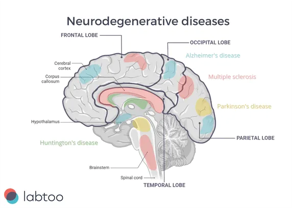
Neurodegenerative diseases are conditions that gradually damage and destroy parts of your nervous system, especially areas of your brain. These conditions usually develop slowly, and the effects and symptoms tend to appear later in life. This term doesn’t just refer to a single type of condition. Instead, it’s an umbrella term that applies to several types of conditions.
Types of this condition
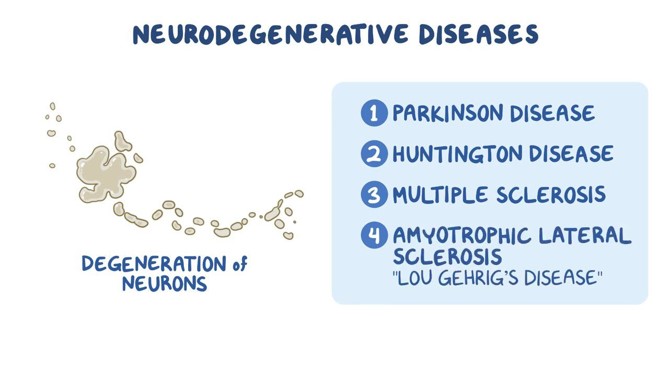
Some of the main types of degenerative brain diseases include (but aren’t limited to):
- Dementia-type diseases: These cause progressive damage to various areas of your brain, causing neurons in several areas of your brain, to die. That can then cause a wide range of symptoms depending on brain areas affected. These include many conditions, such as Alzheimer’s disease, frontotemporal dementia, chronic traumatic encephalopathy (CTE), Lewy body dementia and limbic predominant age-related TDP-43 encephalopathy (LATE).
- Demyelinating diseases: These involve myelin damage or loss, which affects sending and relaying of nerve signals. Examples include multiple sclerosis (MS) and neuromyelitis optica spectrum disorder (NMOSD).
- Parkinsonism-type diseases: These happen because of damage to specific neurons in your brain that help manage coordination and precise control of muscle movements. This includes Parkinson’s disease and other forms of parkinsonism (the general term for conditions that look similar to Parkinson’s).
- Motor neuron diseases: These happen when neurons that control movement die off. Examples include amyotrophic lateral sclerosis (ALS, often known as “Lou Gehrig's disease”) and progressive supranuclear palsy (PSP).
- Prion diseases: These are a type of protein misfolding disease that cause serious brain damage in a relatively short time (most people don’t survive more than a year). Creutzfeldt-Jakob disease is the most common, and most cases happen for unknown reasons. It can also be genetic (survival time for these cases is between one and 10 years).
It’s important to remember that there are many areas of overlap between the various degenerative brain diseases. Many of them share symptoms and have causes that work similarly.
What are the symptoms of neurodegenerative diseases?
The symptoms of neurodegenerative diseases vary widely. Some may have obvious connections to a degenerative brain disease. Other symptoms might seem completely unconnected without specific medical testing.
In general, the different types of conditions cause the following symptoms:
- Dementia-type diseases: These cause confusion, memory loss, trouble thinking or concentrating, and behavior changes.
- Demyelinating diseases: Common symptoms include tingling or numbness, pain, muscle spasms, weakness and paralysis, coordination issues and fatigue.
- Parkinsonism-type diseases: These often involve slowed movements, shaking and tremors, balance problems, shuffling steps and hunched posture.
- Motor neuron diseases : These affect parts of your brain and nervous system responsible for muscle control. As the neurons in those areas die, you lose muscle control. That causes weakness and eventually paralysis.
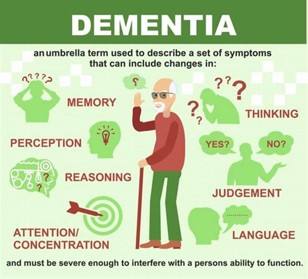
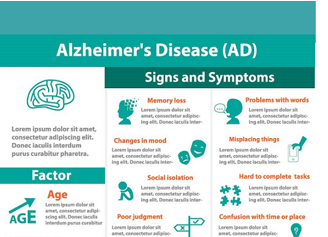
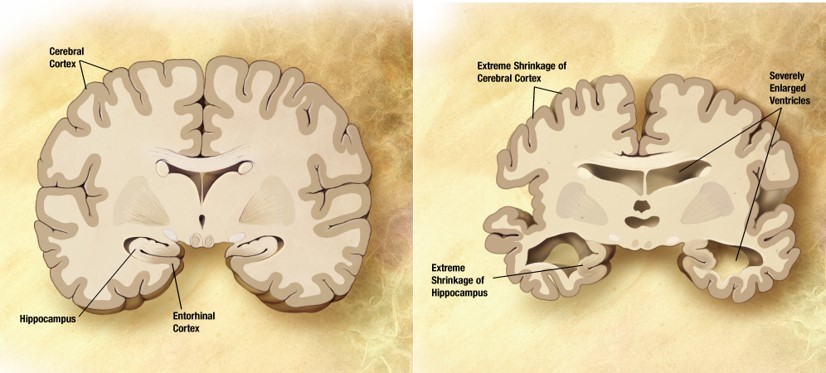
Call MVM Vākśravaṇa Clinic at 080-69956566 for more information or to schedule an appointment.
